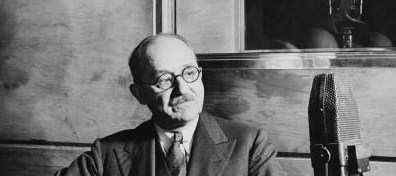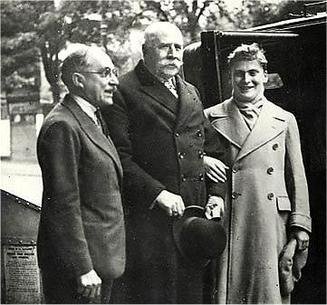The First A&R Man: The Origins of Artist and Repertoire

In the vast world of music, filled with artists, producers, and labels, one key figure often remains in the background yet plays a vital role in shaping the sounds we love: the A&R man. Short for Artist and Repertoire, A&R professionals are responsible for scouting talent, signing artists to record labels, and guiding their artistic development. But who was the first A&R man in the world? Let’s take a journey through music history to uncover the origins of this crucial role.
The Birth of the Record Industry
Before diving into the first A&R figure, it’s important to understand the context of the music industry in the late 19th and early 20th centuries. During this time, the invention of the phonograph by Thomas Edison in 1877 and the subsequent development of gramophone records revolutionized how music was consumed. For the first time, people could listen to recorded music in their homes, and a new industry began to emerge around the sale of these recordings.
As the industry grew, record labels like Columbia Records and Victor Talking Machine Company became the early giants. These companies needed someone who could both identify fresh talent and ensure that the recordings would appeal to the public. Thus, the concept of A&R was born.
Fred Gaisberg: The First A&R Man
Though the title “A&R man” wasn’t officially coined until later, Fred Gaisberg is widely considered to be the first person to fulfill this role. Born in 1873 in Washington, D.C., Gaisberg had a passion for music from a young age. He was a skilled pianist and became one of the earliest recording engineers in the world.
Gaisberg’s career began in the 1890s when he started working for the Gramophone Company in London, which would later evolve into EMI Records. At the time, recording technology was still in its infancy, and the process was far from what we know today. Early recordings were made using mechanical techniques, and the sound quality was limited. Despite these challenges, Gaisberg was instrumental in shaping the future of recorded music.
What made Gaisberg unique was his dual role as both a recording engineer and a talent scout. He didn’t just sit behind the recording equipment; he actively sought out artists who could create music that would resonate with the public. In this way, Gaisberg became the world’s first A&R man, combining his technical expertise with an ear for talent.

Gaisberg’s Most Famous Discovery: Enrico Caruso
One of Fred Gaisberg’s most notable contributions to the music world was his discovery of Enrico Caruso, the Italian opera singer who would go on to become one of the most famous recording artists of the early 20th century. In 1902, Gaisberg traveled to Milan, Italy, to persuade Caruso to record for the Gramophone Company. Though Caruso was initially hesitant, Gaisberg convinced him to make a recording, and it was an instant success.
Caruso’s recordings became best-sellers, and he is now remembered as one of the first global music stars. This moment not only solidified Gaisberg’s reputation as a visionary but also marked the beginning of the modern record industry, where A&R professionals played a crucial role in connecting artists with audiences.
The Legacy of Fred Gaisberg and the Evolution of A&R
Fred Gaisberg’s career spanned several decades, and his impact on the music industry cannot be overstated. He traveled the world, recording a diverse range of artists from different genres and cultures, laying the foundation for the globalization of music.
While Gaisberg’s title wasn’t formally “A&R man” at the time, he embodied the role by scouting talent, overseeing recordings, and helping to shape the artistic direction of the artists he worked with. His pioneering efforts paved the way for the formalization of A&R departments within record labels.
In the years that followed, the role of A&R evolved, especially with the rise of rock and roll, pop music, and later hip-hop. Figures like **John Hammond** (who discovered artists like Billie Holiday and Bob Dylan) and Ahmet Ertegun (co-founder of Atlantic Records) continued Gaisberg’s legacy by shaping the musical landscape of their eras.
Conclusion: The First A&R Man and His Enduring Influence
Fred Gaisberg was more than just an early recording engineer; he was a visionary who understood the importance of artist development long before the term “A&R” became commonplace. His work laid the groundwork for what would become one of the most essential roles in the music industry.
Today, A&R professionals continue to scout new talent, shape artistic visions, and connect musicians with audiences, all while standing on the shoulders of pioneers like Gaisberg. From the discovery of Enrico Caruso to the global spread of recorded music, Gaisberg’s contributions remain a cornerstone of the music industry, and his legacy as the first A&R man lives on in every hit song we hear today.
